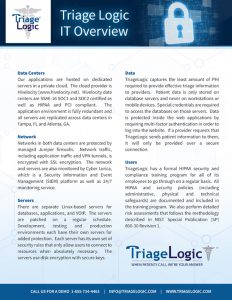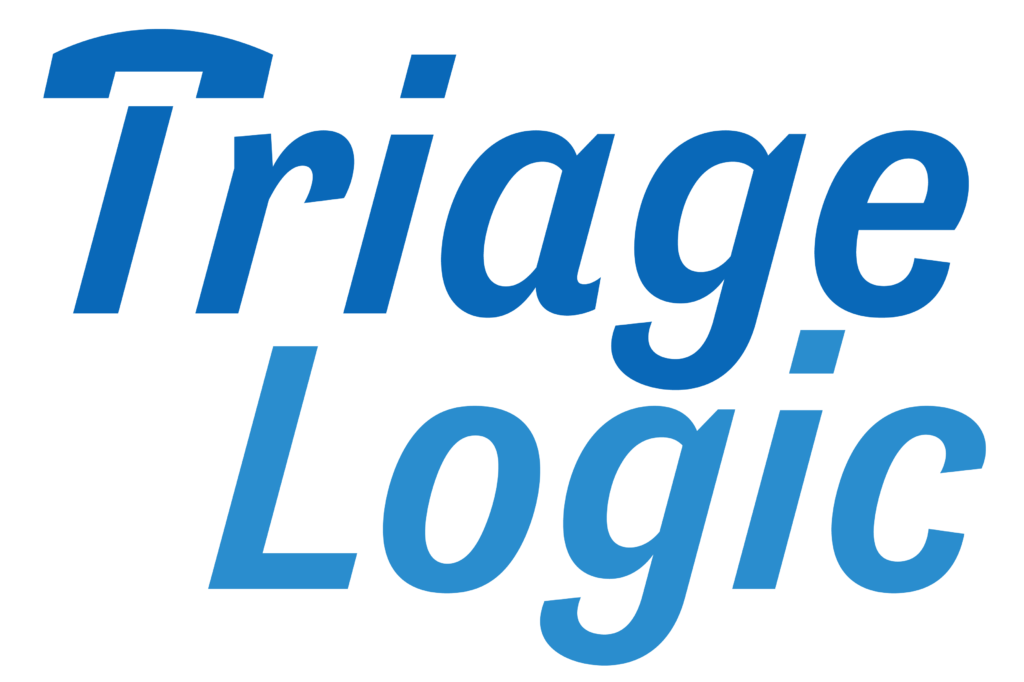Triaging Newborns and Comforting New Parents: Part 1
By Marci Lawing, RN
Normal Reflexes and Symptoms of Illness
Newborns can be especially difficult to triage because there are 2 or more clients to take into consideration: the infant and the new parent/s. Sometimes the parents just need reassurance that what their infant is displaying is normal, while other times it may not be as clear to the triage nurse. In this blog series, we’ll explore some important symptoms of illness in newborns and normal reflexes, and we’ll share some common caller scenarios and how to handle them.
- Normal Newborn Reflexes
New parents sometimes aren’t aware of the normal reflexes of newborns, which are no cause for concern. There are two main reflexes, known as “startle” and “tonic neck”:
Startle: A brief stiffening of the body, straightening of arms and opening of hands. Follows noise, abrupt movement or other stimulation. This reflex is frequent at birth and then gradually resolves by 4 months of age.
Tonic Neck: When the head is turned to 1 side, the arm and leg on that side straighten out, and the opposite arm and leg flex. This reflex also disappears by 4 months of age.
- Symptoms of illness
With all newborns, the nurse should perform a complete assessment and document all symptoms, using the protocols for guidance. Some important symptoms of illness to be aware of include the following:
- Poor feeding
- Poor suck
- Sweats during feeding
- Increased sleep
- Changes in muscle tone
- Decreases in activity
- Change in color
- Unusual cry, or moaning or groaning
- Tachypnea
- Repeat calls from parents
When faced with these symptoms, the baby needs to be evaluated by a physician. Your protocols will help you determine the level of urgency, that is, whether the infant should be seen in the ER, at urgent care, or within 24 hours. You may wish to page the MD on call and have them speak to the parents to make the final decision.
- The cuddle paradox
It is important to remember that babies are normally comforted by being held and cuddled, and if they cry more when held, it may signify a serious problem. If a newborn is not comforted by cuddling and instead cries more, it could mean one of the following:
- Fractures
- Shaken baby syndrome
- Meningitis
- Acute Abdomen
You need a protocol to help you determine if it is safe to wait and re-evaluate at a given interval, or if it is best to call the physician on call right away for their assessment of the situation.
Telephone triage centers get frequent calls from new parents. Some symptoms and questions are specific to newborns. As a triage nurse, it is important that you know which symptoms are normal and which ones need to be evaluated further so that you can be effective on the phone.

How secure is your patient data?
Find out the steps TriageLogic takes to protect patient data and ensure that our products are properly secure.
Looking to improve staff communication,
engagement, and health?

Looking to improve staff communication,
engagement, and health?





